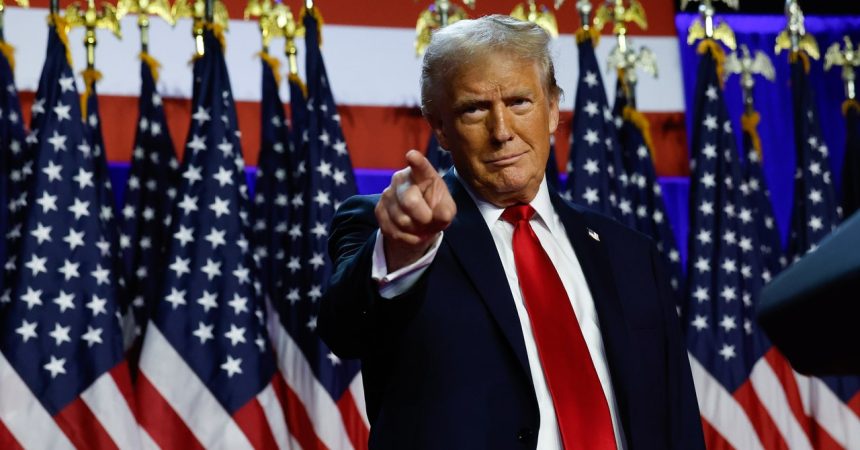The escalating rhetoric surrounding the designation of Mexican drug cartels as narco-terrorist organizations raises critical questions about the nature of the drug trade, the effectiveness of current policies, and the potential ramifications of increased US intervention. Oswaldo Zavala, author of “The Imaginary U.S.—Mexico Drug Wars,” argues that the term “narcoterrorism” is politically charged and lacks concrete evidence, serving primarily as a tool for the US to exert pressure on Mexico. He contends that this narrative simplifies a complex issue, portraying Mexico as the primary threat to US security while obscuring the role of US-based networks in drug trafficking, money laundering, and arms smuggling. This simplification allows the US to justify interventions that could further destabilize the already delicate bilateral relationship.
Zavala challenges the prevailing narrative surrounding the power and structure of drug cartels, arguing that the image of monolithic, all-powerful organizations is an exaggeration perpetuated by both governments. He posits that this narrative serves to distract from the broader context of drug trafficking, including the significant demand within the United States and the involvement of American actors. By focusing on specific cartels and individuals, the US government creates a convenient enemy, diverting attention from the complex web of actors and organizations involved on both sides of the border. This narrative, Zavala argues, allows for the continuation of a militarized approach to drug control, which has demonstrably failed to curb violence and has instead led to devastating consequences for Mexican society.
The potential for US military intervention in Mexico is a grave concern. While analysts see such a move as detrimental to US interests, the “narcoterrorism” narrative empowers the US government to consider such drastic measures. Zavala points to a history of US intervention in Mexican security policy, highlighting the existing power imbalance between the two nations. He suggests that this rhetoric serves to further subordinate Mexico to US interests, forcing alignment with US policies regardless of their efficacy or impact on Mexican citizens. The conversation between Mexican Foreign Minister Juan Ramón de la Fuente and US Senator Marco Rubio, while described as cordial, underscores the tension and the need for collaboration, but the underlying power dynamics remain a significant factor.
Zavala’s critique extends to the very notion of the cartel as a cohesive entity. He argues that “cartels do not exist” in the way they are commonly portrayed. Rather than highly organized, centralized structures, he describes a more fluid and dispersed network of actors engaging in various illicit activities. This decentralized nature makes it difficult to define where a cartel begins and ends, complicating efforts to combat drug trafficking and violence. By perpetuating the myth of the monolithic cartel, the US and Mexican governments simplify the problem, overlooking the complex web of relationships and activities that fuel the drug trade.
The human cost of the ongoing drug war is staggering. With over 100,000 people missing in Mexico, the majority since the militarization of the drug war in 2006, the failure of current policies is undeniable. Zavala emphasizes the disproportionate impact of this violence on vulnerable populations, particularly poor, racialized youth living in marginalized communities. He criticizes the tendency to react with alarm to threats of US intervention while overlooking the existing violence that plagues Mexico. He argues that the focus on external threats distracts from the internal crisis fueled by militarization and the targeting of vulnerable communities.
Zavala advocates for a fundamental shift in approach, emphasizing the need to demilitarize the country and address the root causes of violence. He argues that the militarization of the drug war, initiated by former President Calderón and continued by subsequent administrations, has directly correlated with an increase in homicides and disappearances. He contends that the violence is not solely a consequence of drug trafficking but is largely attributable to the militarization itself. Zavala calls for a critical examination of the narratives emanating from Washington and a rejection of the simplistic and often alarmist portrayals of the drug trade. He urges citizens to question the dominant discourse and to demand alternative solutions that prioritize human rights and address the social and economic conditions that fuel violence. He believes that decriminalization of drugs and treatment of addiction are necessary steps, but ultimately, demilitarization is crucial to ending the cycle of violence in Mexico.



